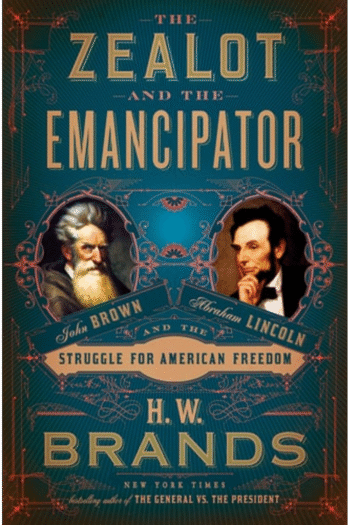Explore the enduring fascination with the apocalypse in Marina Benjamin’s “Living at the End of the World.” Published on the cusp of the millennium, this insightful study examines the historical roots and modern resurgence of millenarian beliefs. Benjamin delves into why apocalyptic thinking thrives, even in our supposedly rational, science-driven age. Uncover the social anxieties, cultural shifts, and persistent human longing for meaning that fuel these end-times narratives. An essential read for understanding the complex interplay of faith, fear, and the future. Grab your copy today!
Living at the End of the World
18,44 $
In stock
Description
As we approach the year 2000 why have millenarian groups flourished? A study of why, throughout recorded history, various religious groups have felt the need for apocalyptic readings of history. What is it about modern life that makes such views widespread in an allegedly rational age where science and technology reign supreme?
**Living at the End of the World: Understanding Millennialism in the Modern Age** by Marina Benjamin Explore the captivating phenomenon of millennialism with Marina Benjamin's thought-provoking book, "Living at the End of the World." Published in 1998, as the world braced itself for the year 2000, this insightful work delves into the enduring appeal of apocalyptic and millenarian beliefs throughout history and seeks to understand why these beliefs experienced a resurgence even in an era dominated by science and technology. Benjamin expertly navigates the historical landscape, examining various religious groups and movements that have embraced apocalyptic interpretations of history. She sheds light on the underlying social, cultural, and psychological factors that fuel the desire for radical change and the belief in an impending end of the world. The book explores how anxieties about modernity, societal shifts, and perceived crises contribute to the rise of millenarian thinking. This book moves beyond a mere historical overview, offering a compelling analysis of the unique conditions that fostered the millennial fervor of the late 20th century. It investigates whether the rapid advancements in science and technology, rather than diminishing religious zeal, inadvertently amplified the sense of uncertainty and alienation that propelled individuals toward apocalyptic narratives. Was it the perceived failures of secular institutions, the growing gap between rich and poor, or the threat of environmental catastrophe that led to this yearning for a new world order? "Living at the End of the World" is more than just an academic study; it is a timely exploration of the human condition, our innate desire for meaning, and our response to times of perceived upheaval. Benjamin writes with clarity and insight, making complex theological and sociological concepts accessible to a wide audience. Readers interested in history, religion, sociology, or the psychology of belief will find this book a rich and rewarding experience. It is a crucial piece of scholarship for anyone trying to understand the enduring allure of the apocalypse and the complex relationship between faith, reason, and the anxieties of modern life. This hardcover edition, published by Macmillan Pub Ltd, comprises 281 pages.
Additional information
| Authors | |
|---|---|
| Binding | |
| Condition | |
| ISBN-10 | 0330342037 |
| ISBN-13 | 9780330342032 |
| Language | |
| Pages | 281 |
| Publisher | |
| Year published | |
| Weight | 430 |
SKU: G-9780330342032-4
Categories: Anthropology, Christian Books & Bibles, Cultural, History, Occult & Paranormal, Occultism, Politics & Social Sciences, Religion & Spirituality, Sociology, Theology, World
Related products
-
The Legacy
13,16 $
- Additional information
- Currencies
- USD – United States dollar
- EUR – Euro
- GBP – Pound sterling
- CNY – Chinese yuan
- BRL – Brazilian real
- MXN – Mexican peso
- JPY – Japanese yen
- PHP – Philippine peso
- THB – Thai baht
- PLN – Polish złoty
- CAD – Canadian dollar
- MYR – Malaysian ringgit
- AUD – Australian dollar
- TWD – New Taiwan dollar
- CZK – Czech koruna
- SEK – Swedish krona
- HUF – Hungarian forint
- ILS – Israeli new shekel
- CHF – Swiss franc
- HKD – Hong Kong dollar
- DKK – Danish krone
- SGD – Singapore dollar
- NOK – Norwegian krone
- NZD – New Zealand dollar





